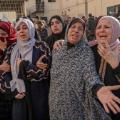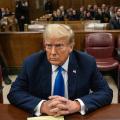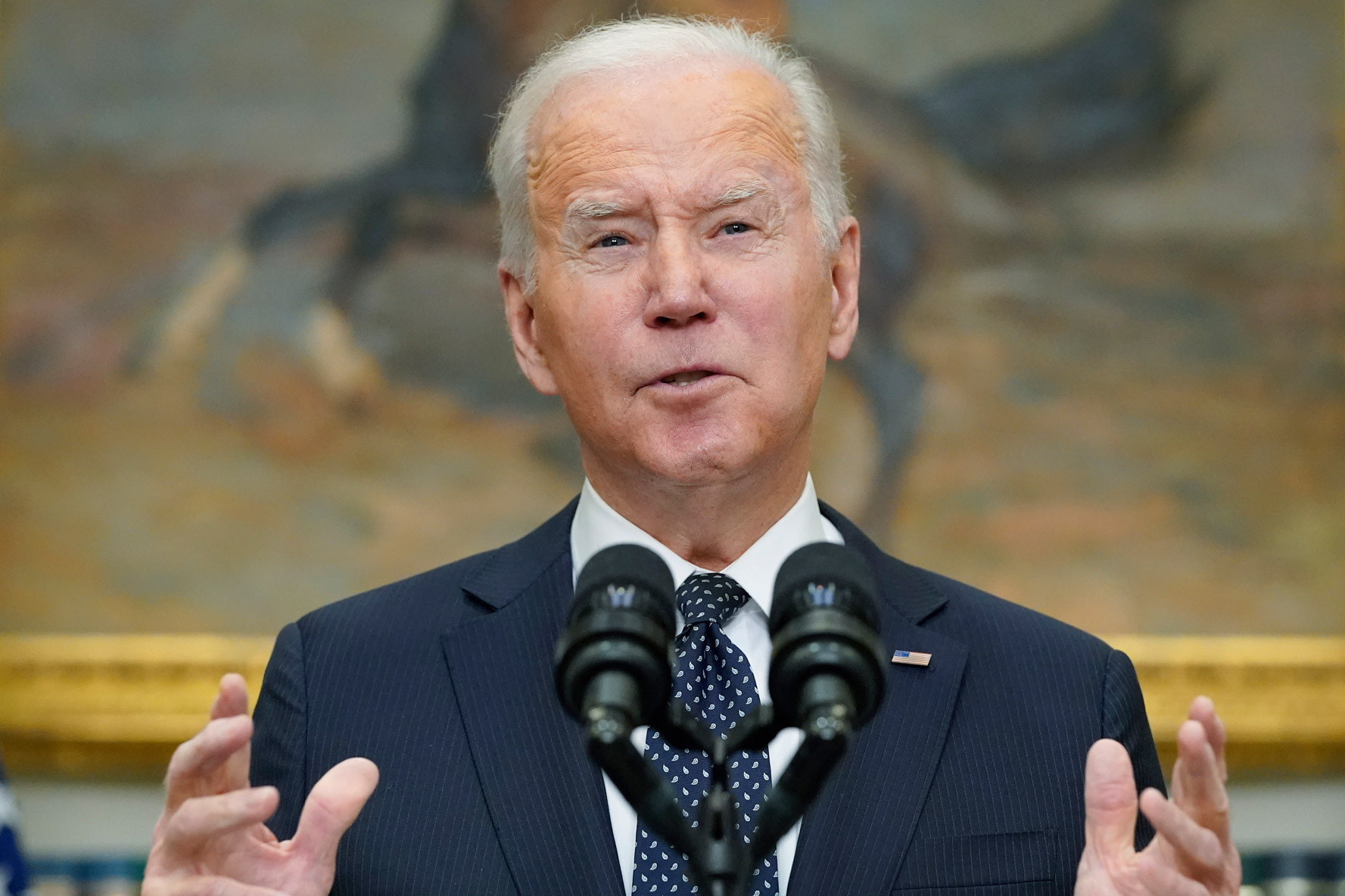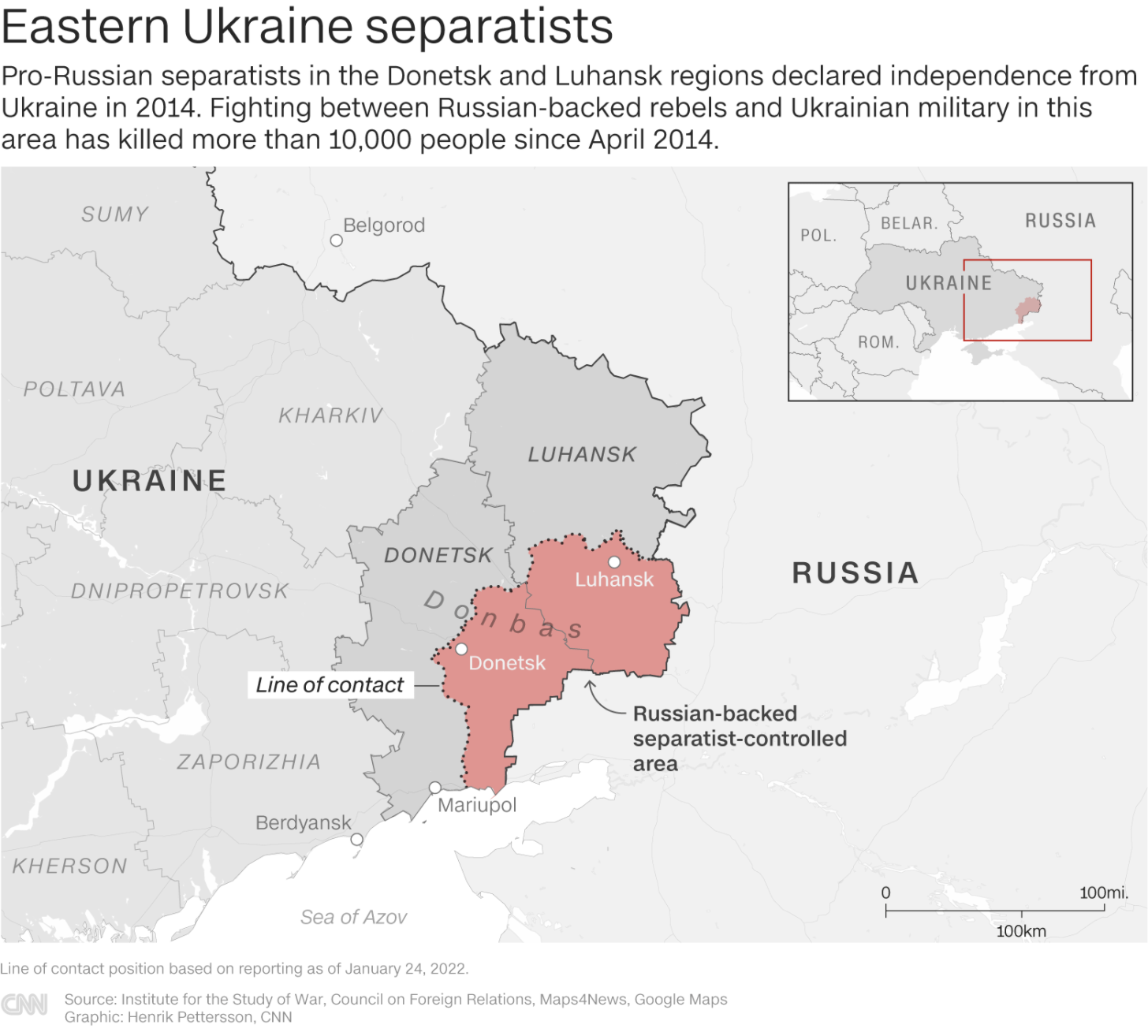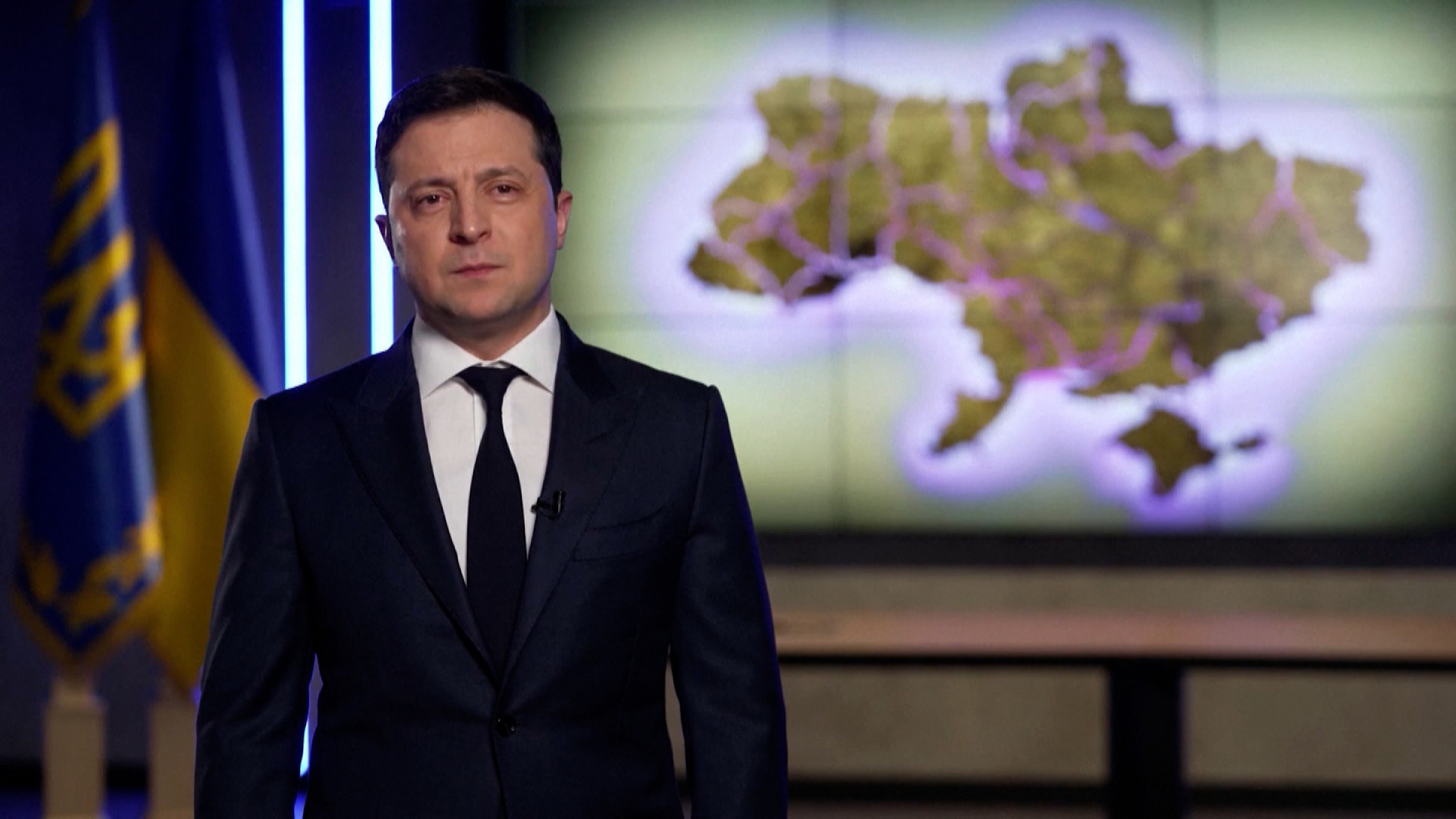
Ukrainian President Volodymyr Zelensky addressed the nation early on Tuesday saying “we don’t owe anything to anyone, and we will not give away anything to anyone” following Russia’s recent actions.
On Monday, Russian President Vladimir Putin ordered what he called “peacekeeping” troops into two pro-Moscow regions of eastern Ukraine, after recognizing their independence.
“We are on our land, we are not afraid of anything and anyone, we don't owe anything to anyone, and we will not give away anything to anyone. And we are confident of this,” Zelensky said in his video address, adding said the move was a violation of Ukraine’s “national integrity and sovereignty."
Zelensky added that Ukraine’s international borders will “remain as such” despite Russia’s “declarations and threats," and he said Ukraine counted on the “clear and effective steps” from its international supporters.
He said Ukraine had initiated an emergency meeting with the Normandy Four, which include Germany, Russia, Ukraine and France.
He warned that Putin’s latest move undermined current “peaceful” negotiations and “may mean a one-sided exit of Russian Federation out of the Minsk Agreement and ignoring of Normandy agreement."
Zelensky reiterated that Ukraine wanted “peace” though had been prepared for a Russian act of aggression for a “long time."
To Ukrainian citizens, he said Ukraine would deal with the crisis calmly and confidently, and he thanked the entire nation for their cool-headed reaction to the latest developments. He assured citizens there was no reason for a “sleepless night.”


